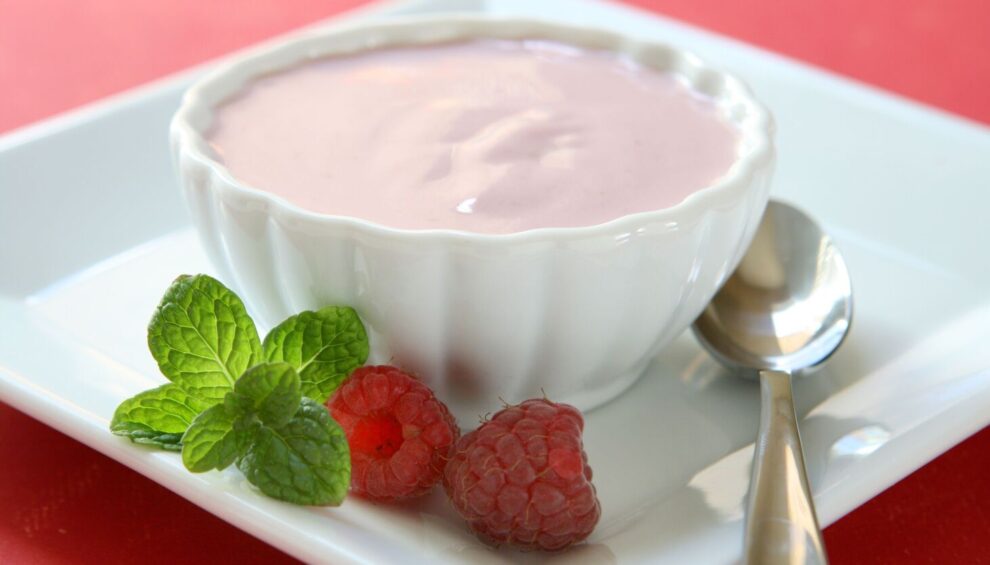Just because a food is widely considered healthier than other options, it doesn’t necessarily imply that it benefits your health
For many, eating healthier is a goal they try to achieve daily. However, it can be hard when the food industry doesn’t prioritize consumer health.
“A study by Northeastern University’s Network Science Institute found that 73% of the food supply in the United States is considered ‘ultra-processed.’ These foods are cheaper, full of additives and are linked to diseases such as obesity, metabolic syndrome, heart disease and sleep apnea,” the Deseret News previously reported.
It’s easy to fall victim to food catfishing, buying food because they are marketed with common health buzzwords like:
- Low-carb.
- Whole-grain.
- Sugar-free.
- Vegan.
In reality, just because a food is labeled with terms commonly associated with health or is widely considered healthier than other options, it doesn’t necessarily imply that it is beneficial for your health.Report ad
Several foods are commonly branded as “healthy” but may not be as beneficial as they seem due to high sugar content, artificial additives or other factors. Here are 10 examples to watch out for:
1. Flavored yogurt
Yogurt often contains high amounts of added sugars and artificial flavors. Plain yogurt, especially Greek yogurt, is a healthier alternative.
“When looking at yogurts, you want to avoid added sugars, which are usually added to balance out the tartness of the natural yogurt flavor,” Amy Shapiro, founder of Real Nutrition, told Real Simple.
Shapiro said she looks for yogurts that “contain probiotic strains, as eating and consuming probiotics is healthy for the microbiome.”
2. Granola bars
Although being marketed as a healthy snack, many granola bars are loaded with sugars, artificial flavors, and preservatives. The same goes for protein bars.
According to Healthline, “A 2⁄3-cup (67-gram) serving of Nature Valley Oats and Dark Chocolate Protein Granola contains 7 grams of added sugar and 290 calories, while Quaker Chewy Yogurt Granola Bars pack 10 grams of added sugar per bar.”Report ad
“The recommended Daily Value (DV) for sugar is 50 grams for a person who consumes 2,000 calories per day, according to the Food and Drug Administration,” Healthline added.
Rather than purchasing ready-made granola from the store, consider preparing your own granola and granola bars at home to incorporate healthy ingredients such as oats and nuts.
3. Fruit juice
Even 100% fruit juice is high in sugar and lacks the fiber of whole fruits, so consuming whole fruits is generally a healthier option. Because children are the highest consumers of juice, experts encourage adding water to juice so they don’t drink too much.
On the bright side, “Fruit juice offers some nutrients,” the Heart and Stroke Foundation of Canada said. “Studies show drinking no more than five ounces a day is linked to a lower risk of heart disease and stroke. So a small amount of fruit juice seems to be OK, but too much sugar from all sources — including juice — is linked to poor health outcomes.”
4. Veggie chips
While they may seem like a healthy alternative to potato chips, many veggie chips are heavily processed and can be high in salt and fat.
“Although these veggie chips may be slightly lower in calories compared to potato chips, the sodium is higher. One ounce of veggie straws provide 220 milligrams per ounce compared to an average of 180 milligrams per ounce in potato chips,” according to the Food Network.
5. Sports drinks
Unless you’re a professional athlete or engaging in long-duration, high-intensity exercise, sports drinks like Gatorade are unnecessary and can be high in sugars and calories.Report ad
“Sports drinks contain less sugar than soda and energy drinks, but still contain simple sugars,” Harvard School of Public Health said. “For example, a nutritional comparison shows that a 12-ounce cola drink contains about 39 grams of sugar, compared with 21 grams of sugar in a popular sports drinks. Drinking too many of these, especially when not performing vigorous exercise, can increase the risk of overweight/obesity and other health problems.”
It’s important to read nutrition labels and ingredient lists carefully to understand what you’re consuming, even when products are marketed as healthy.
Source : Desert News

























